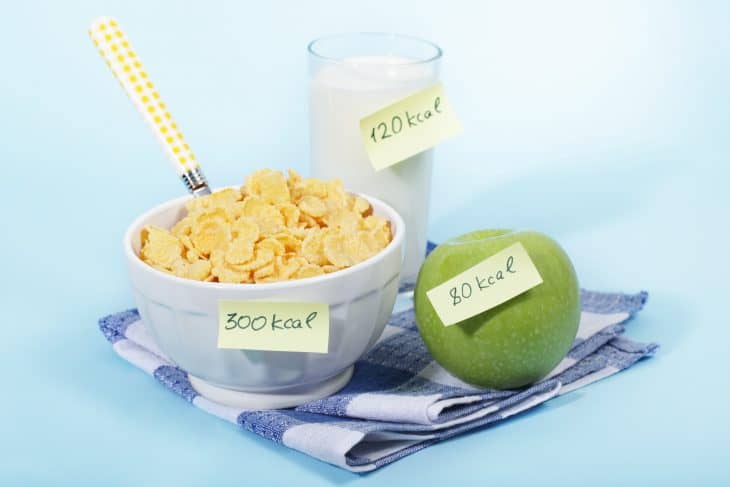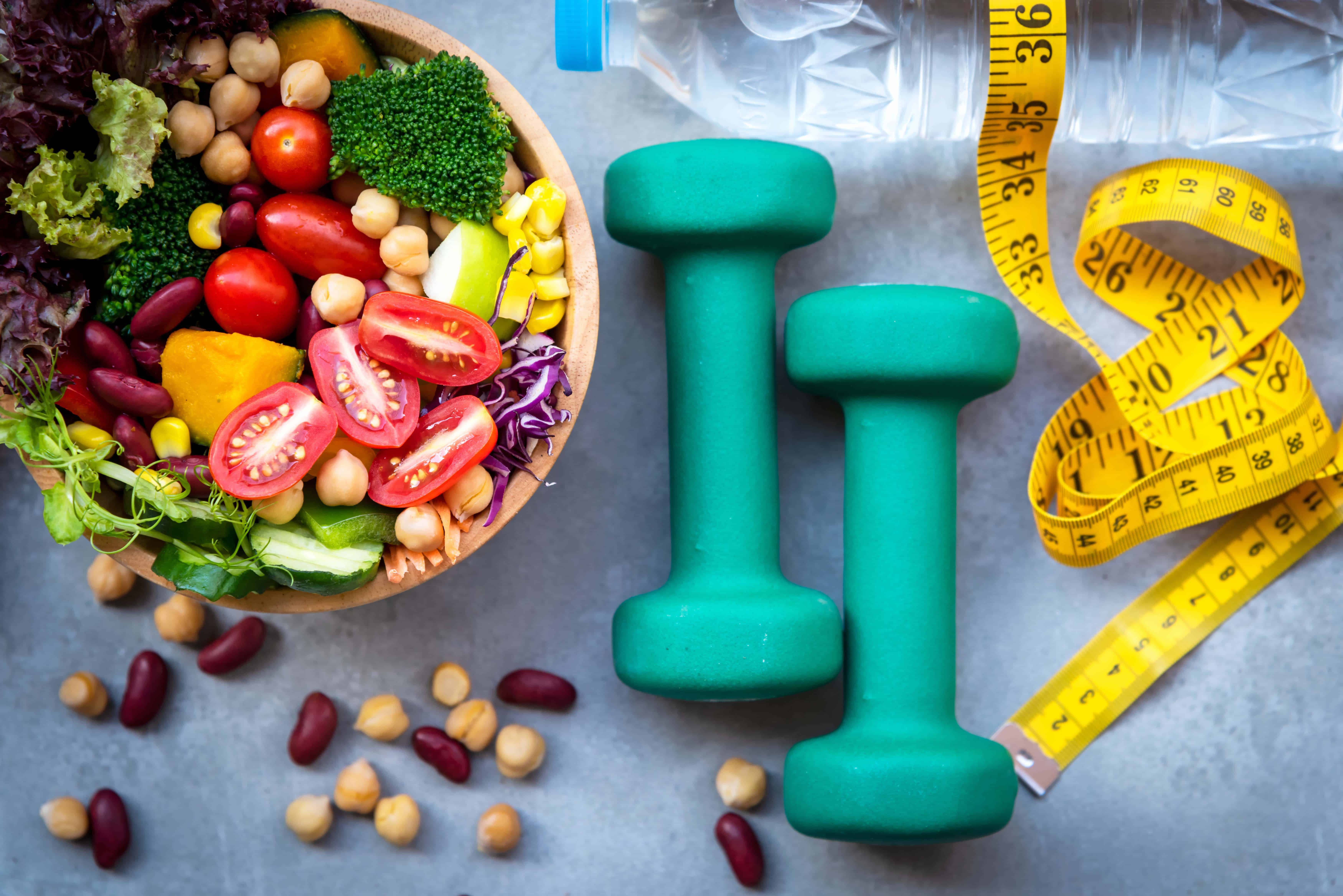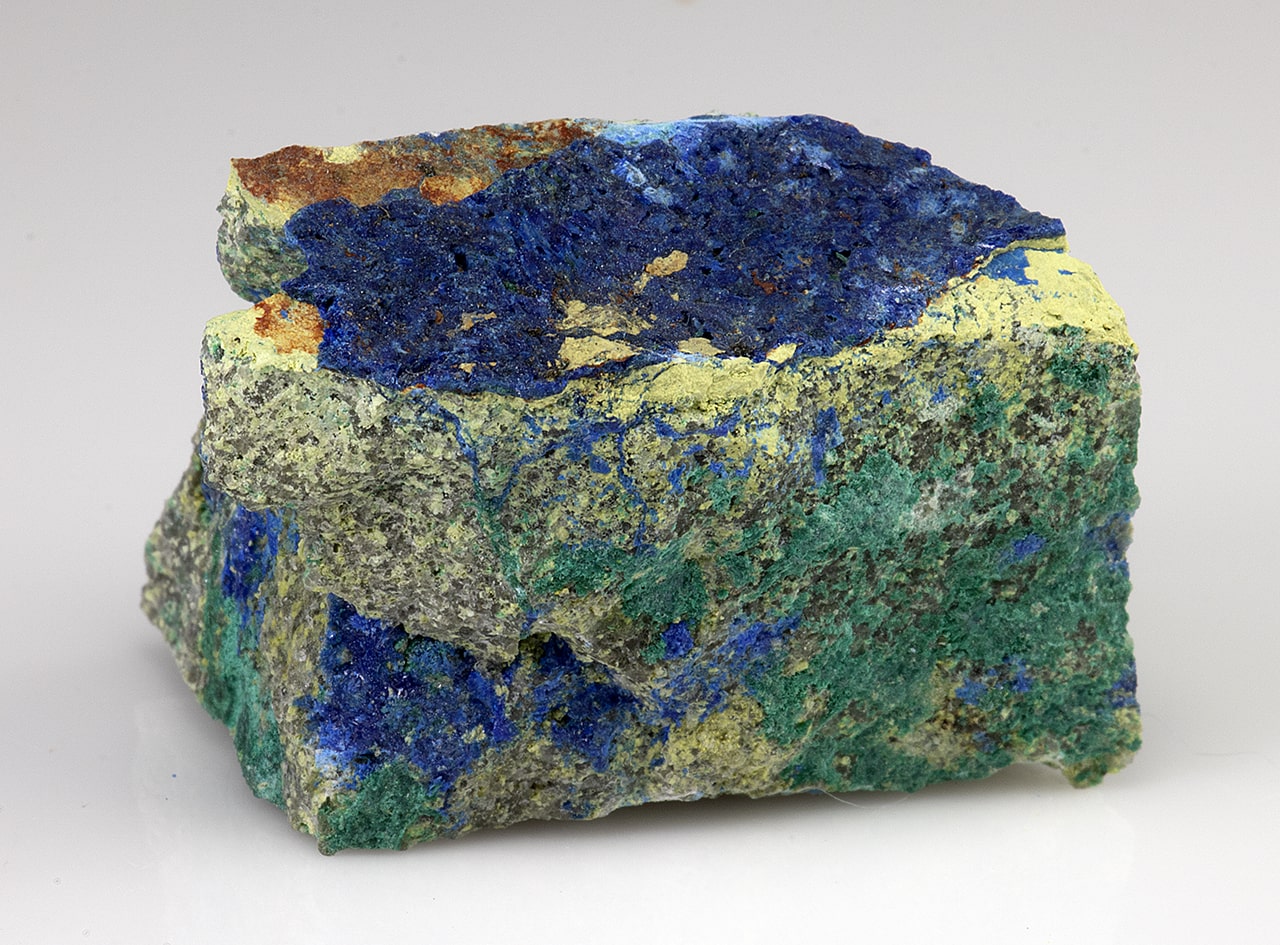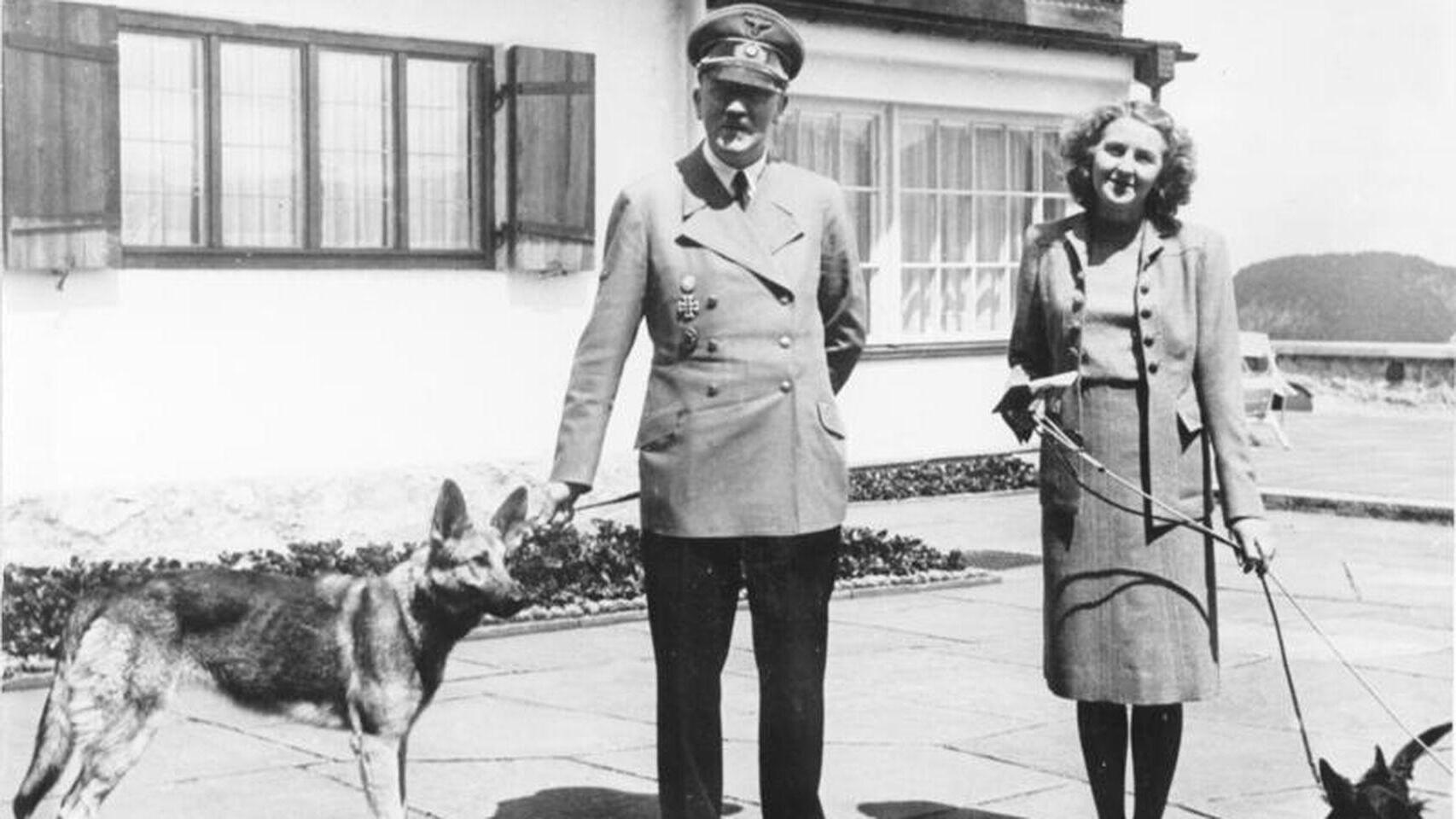
A calorie is a unit of measurement for energy, precisely the amount of energy required to raise the temperature of one gram of water by one degree Celsius. Regarding nutrition, a calorie is the amount of energy provided by a specific food or beverage.
Calories are essential for the human body to function correctly. They provide the energy needed for everyday activities like breathing, walking, and thinking. However, when you consume more calories than your body needs, the excess calories are stored in the body as fat. Over time, this can lead to weight gain and other health issues like high blood pressure, diabetes, and heart disease.
On the other hand, consuming fewer calories than your body needs can lead to weight loss. By creating a calorie deficit through diet and exercise, your body will start to use stored fat for energy, resulting in weight loss.

Are you looking to take control of your calorie needs and weight loss journey healthily and effectively? Let us introduce you to Lasta’s free online bmi calculator, a friendly, easy-to-use tool to help you stay on track. With just a few clicks and some basic info, you can quickly learn your body mass index (BMI), a key indicator of your overall health and ideal weight range.
This custom-tailored tool will help you better understand your current status and provide valuable insights and advice as you embark on your weight loss mission. So why wait? Give it a try today and take your first step toward a healthier lifestyle!
The Short- and Long-Term Effects of Eating Too Few Calories
Eating too few calories, also known as calorie restriction, can have short- and long-term effects on the body.
Short-term effects of eating too few calories
- Hunger and food cravings: When you’re not consuming enough calories, your body will send hunger signals, and you may experience intense food cravings.
- Fatigue and weakness: Consuming too few calories can lead to feelings of fatigue and weakness, as your body doesn’t have enough energy to function correctly.
- Reduced mental clarity: Your brain needs glucose to function correctly, and consuming too few calories can lead to decreased mental clarity and difficulty concentrating.
- Mood changes: Eating too few calories can also lead to changes in mood, including irritability, anxiety, and depression.
Long-term effects of eating too few calories
- Slower metabolism: When you consume too few calories consistently, your body will slow down its metabolism to conserve energy, making it harder to lose weight.
- Nutrient deficiencies: Consuming too few calories can lead to poverty, as you may need more vitamins, minerals, and other essential nutrients.
- Muscle loss: If you’re not consuming enough calories and protein, your body may break down muscle tissue for energy, leading to muscle loss.
- Increased risk of disease: Chronic calorie restriction can increase the risk of certain conditions, including osteoporosis, weakened immune system, and heart disease.
In summary, while short-term calorie restriction can lead to weight loss, consuming too few calories over the long term can adversely affect your health and well-being. Therefore, balancing and ensuring you drink enough calories to fuel your body and meet your nutrient needs is crucial.
The Role of Metabolism in Low-Calorie Eating
Metabolism is how your body converts food and drinks into energy. It’s a complex process that involves various chemical reactions and bodily functions. Your metabolism rate is affected by multiple factors, including age, gender, genetics, body composition, and physical activity level.
When you’re consuming a low-calorie diet, your metabolism can be affected by a decrease in metabolic rate. When consuming fewer calories than your body needs, your metabolism can slow down to conserve energy. This can make it harder to lose weight and make it easier to gain weight.
Another effect of low-calorie eating on metabolism is the loss of muscle mass. Your body may break down muscle tissue for energy when you’re not consuming enough calories. This can result in a decrease in muscle mass, which can also slow down your metabolism.
Additionally, consuming a low-calorie diet can lead to nutrient deficiencies, affecting various bodily functions, including metabolism. For example, insufficient nutrients like iron or vitamin B12 can lead to anemia, affecting your metabolism and energy levels.

Nutritional Deficiencies Associated With Not Eating Enough Calories
Consuming enough calories can lead to various nutritional deficiencies, as you may need to be getting enough of specific vitamins, minerals, and other essential nutrients. Here are some of the nutritional deficiencies associated with not eating enough calories:
Protein deficiency
Consuming too few calories and protein can lead to a defect in this critical macronutrient. Protein is necessary for building and repairing tissues in the body, and not getting enough can lead to muscle loss, a weakened immune system, and slow wound healing.
Iron deficiency
Iron is necessary for producing hemoglobin, a protein in red blood cells that carries oxygen throughout the body. Not getting enough iron can lead to anemia, which can cause fatigue, weakness, and shortness of breath.
Vitamin D deficiency
Vitamin D is essential for maintaining healthy bones and teeth and immune function. Not getting enough vitamin D can lead to bone disorders such as osteoporosis and a weakened immune system.
Vitamin B12 deficiency
Vitamin B12 is vital for producing red blood cells and proper nerve function. Not getting enough vitamin B12 can lead to anemia, fatigue, and nerve damage.
Calcium deficiency
Calcium is necessary for strong bones and teeth and muscle and nerve function. Not getting enough calcium can lead to osteoporosis, weakened muscles, and numbness or tingling in the fingers and toes.
Zinc deficiency
Zinc is essential for immune function, wound healing, and protein synthesis. Not enough zinc can weaken immune systems, slow wound healing, and cause hair loss.
Conclusion
Making healthy choices now will pay off in the long run, so don’t hesitate to add balance to your diet today! Let food become medicine for your health, moods, relationships, and stress levels—all facets of your life.
Eat nutritiously so you can be energized every day rather than tired. Establishing an enjoyable balance between variety and nutrition is critical to achieving maximum physical and mental well-being.
Was this page helpful?
Our commitment to delivering trustworthy and engaging content is at the heart of what we do. Each fact on our site is contributed by real users like you, bringing a wealth of diverse insights and information. To ensure the highest standards of accuracy and reliability, our dedicated editors meticulously review each submission. This process guarantees that the facts we share are not only fascinating but also credible. Trust in our commitment to quality and authenticity as you explore and learn with us.


